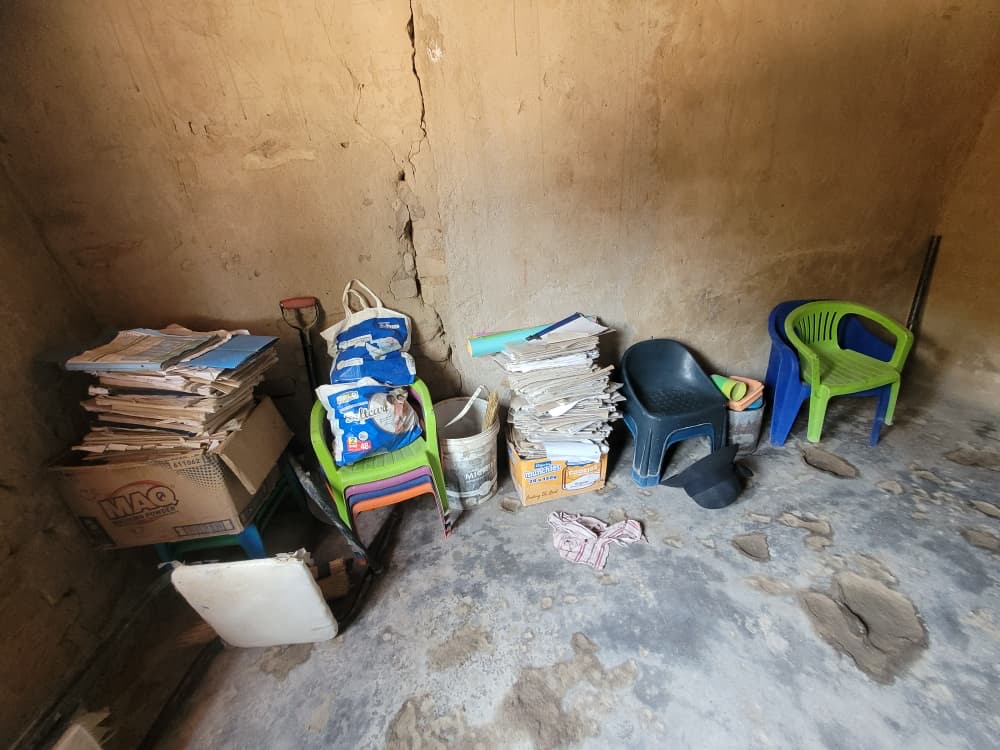In Hopley, a sprawling settlement of more than 200,000 residents on the outskirts of Harare, parents, pupils, and teachers are united in a desperate call for what most communities take for granted a secondary school.
At a community meeting held recently, parents spoke openly about the crisis. “Our children are being punished simply for being born here,” said one parent. “There is not a single secondary school in Hopley. They must walk long distances, some over five kilometers. The transport is unsafe, and the money is too much for us as parents.”
The Amalgamated Rural Teachers Union of Zimbabwe (ARTUZ), which convened the meeting, wrote a formal petition to the Ministry of Primary and Secondary Education demanding urgent action. In the petition, dated 22 September 2025, ARTUZ Secretary General Robson Chere stressed:
“The constitution of Zimbabwe is clear that basic quality education must be accessible to all. The situation in Hopley cannot be allowed to persist a day longer.”
The petition calls for a ministerial engagement with the community and a clear timeline for building a secondary school in Hopley.
For pupils, the absence of a local secondary school has turned learning into a daily gamble. One student described the risks they face: “We wake up very early to catch kombis to schools in other areas. Sometimes we don’t even get transport, and we end up walking. The roads are not safe, and we get home very late.”
Parents echoed these concerns. “When our children come home after dark, we fear for their safety. We’ve heard of cases of abuse, and we know the risks they face on these roads,” said another parent.
The absence of a secondary school has ripple effects beyond the classroom. Parents revealed that young people dropping out of school are increasingly turning to drugs, prostitution, and early marriages. “Our children are losing hope. If they cannot go to school, what kind of future do they have?” asked a mother of three.
ARTUZ’s Robson Chere placed the blame squarely on government inaction:
“Hopley is a microcosm of the crisis in Zimbabwe’s education sector, overcrowding, neglect, and broken promises. A settlement with more than 200,000 people cannot go for years without even one secondary school. Government must stop paying lip service and deliver on its duty.”
He further emphasized that ARTUZ will continue to track the issue through its Parents and Teachers Association programs, warning that communities are growing impatient:
“We will not rest until the children of Hopley have a secondary school they can walk to safely. Education is not a privilege; it is a right.”
While the Ministry of Education recently pledged to build a school in Hopley, no timelines were provided. For parents, this fuels suspicion that the commitment is another broken promise.
For now, Hopley’s children continue to travel unsafe roads, parents continue to despair over exam fees, and teachers struggle under impossible conditions. Whether the government will finally deliver remains to be seen.
As ARTUZ put it in its petition: “An efficient public education system for Zimbabwe remains a priority for us. We are watching, and we are waiting.”

